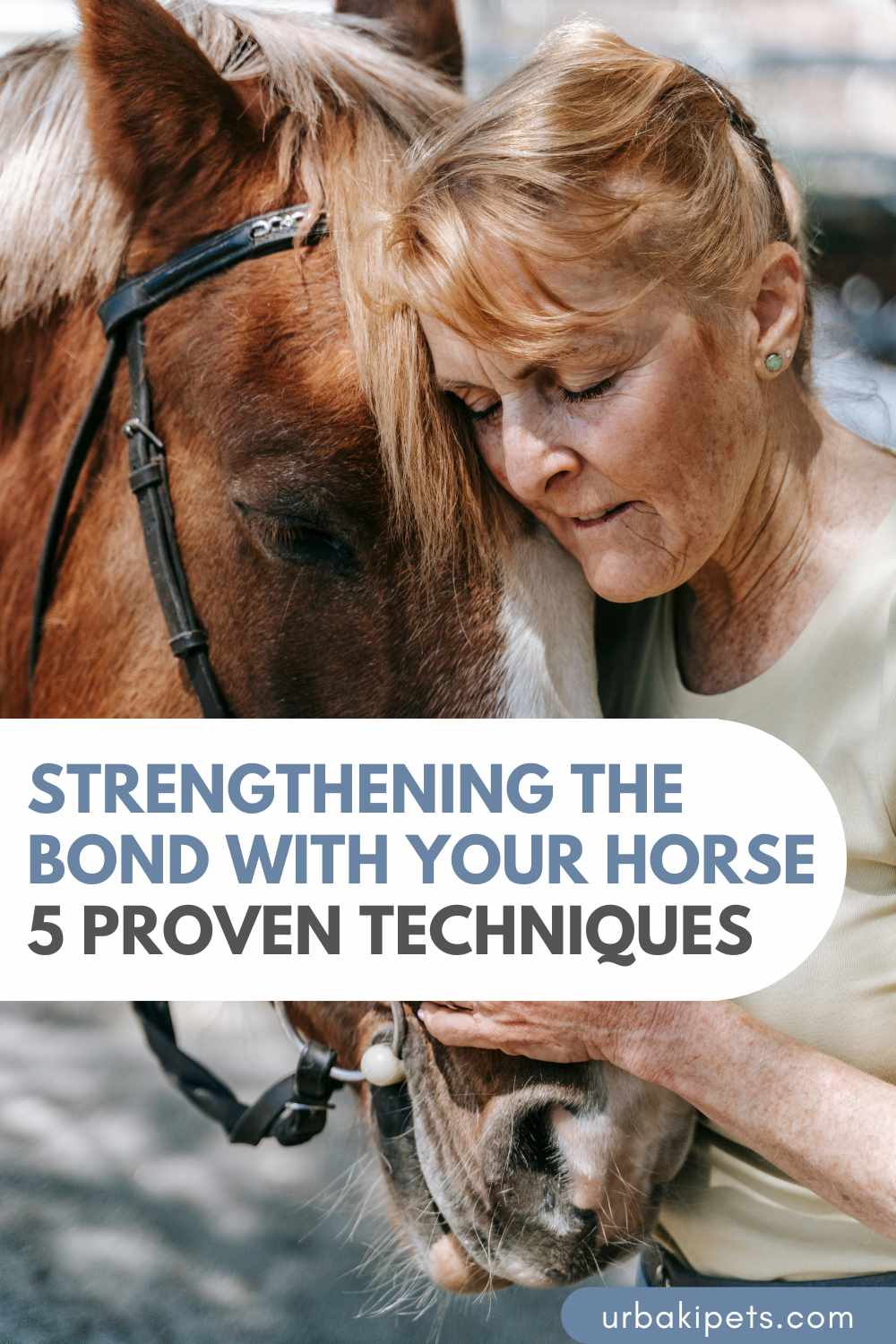Strengthening the Bond with Your Horse - 5 Proven Techniques

Building a meaningful connection with a horse goes beyond riding and daily care—it’s about creating trust, communication, and shared confidence.
Whether you're working with a new horse or deepening an existing relationship, small, consistent actions can lead to a stronger and more enjoyable bond.
Horses are naturally social and intuitive animals, and when they feel understood and respected, they respond in remarkable ways.
Spending Intentional Time Together
Simply being near your horse without any expectations can create a sense of calm and familiarity. Instead of rushing through chores, take a few extra minutes to just be present.
Stand in the pasture, walk together with no lead, or sit quietly while they graze. Horses notice body language and energy more than words, and they begin to associate your presence with comfort rather than just tasks or work.
This kind of relaxed interaction allows your horse to get used to your rhythm, scent, and personality. Over time, your bond becomes less about performance and more about mutual companionship.

Practicing Groundwork with Purpose
Groundwork is an excellent way to build trust, communication, and leadership. Simple exercises like leading with softness, backing up, yielding the hindquarters, or walking over poles teach your horse to respect space and respond to your cues.
It also helps you understand their reactions and boundaries.
Working together on the ground fosters a two-way communication that sets the tone for everything you do. Instead of relying solely on reins or pressure in the saddle, groundwork develops responsiveness through body language and intention.
This encourages your horse to stay connected and tuned in.

Using Positive Reinforcement
Rewarding good behavior reinforces trust and encourages learning. While every horse is different, most respond well to a kind voice, a gentle pat, or even treats when used mindfully.
Timing is key—rewards should come immediately after the desired behavior so your horse connects the action with the outcome.
Over time, your horse will start to associate your presence with safety and encouragement.
This approach builds confidence and helps create a partnership where your horse feels valued and understood. Positive reinforcement doesn't mean being permissive—it’s about guiding rather than dominating.

Building a Consistent Routine
Horses feel safer when they understand what to expect. A consistent routine, whether in feeding, grooming, or training, helps your horse feel secure. Knowing that you're dependable builds trust and reduces anxiety.
This doesn’t mean doing the same thing every day, but rather being a reliable presence in your horse’s life.
Even how you approach the pasture, how long you stay, and how you greet your horse can reinforce that sense of stability. Over time, the predictability of your actions becomes a source of reassurance.
Exploring New Experiences Together
Trying new, low-pressure activities with your horse can be a powerful bonding experience. Go for a hand walk down a new trail, introduce them to a new obstacle, or let them investigate an unfamiliar but safe object.
These shared discoveries encourage curiosity, cooperation, and resilience.
It’s important not to rush or push beyond your horse’s comfort zone. Let them explore at their own pace, and celebrate small victories together.
As your horse learns that you're there to guide rather than force, their confidence in you will grow.
Did you find this post useful or inspiring? Save THIS PIN to your PETS Board on Pinterest!


You may also like